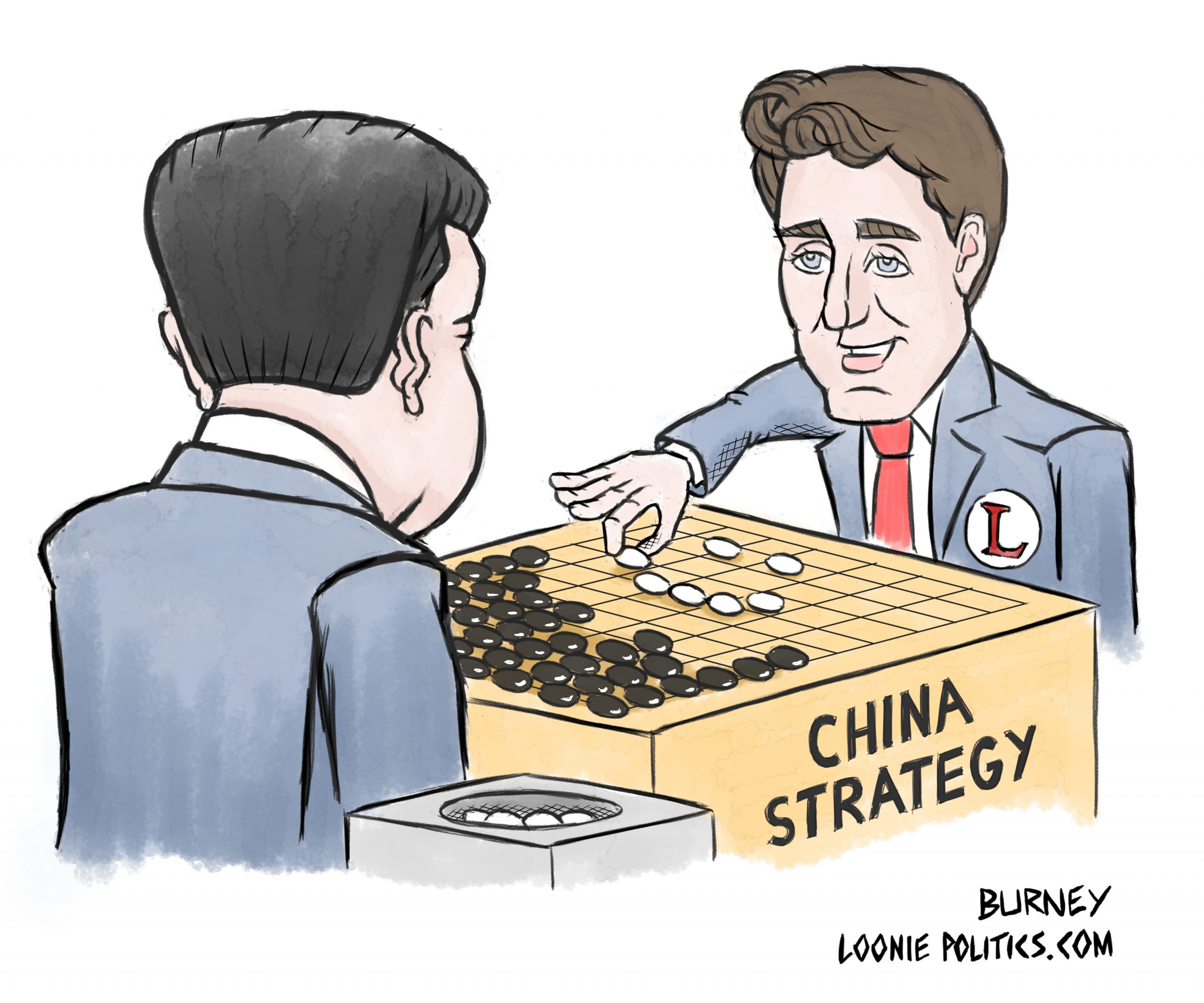On Wednesday, Independent Senator Kim Pate moved a reasoned amendment to the government's supply bill, in protest that not enough had been done to support the 3.5 million Canadians living below the poverty line. This was a stunt, supported only by one other Senator, and it was doomed to fail, but it was nevertheless something that was out of bounds for how senators should conceive of their roles. It also exposes an underlying malaise with the way in which prime minister Justin Trudeau has been moving to reform the Upper Chamber, which is proving to largely be a mistake as time goes on.
For reference, a reasoned amendment is a procedural tactic that seeks to deny second reading to a bill, meaning that you don't agree to it in principle, as opposed to letting it go to committee and proposing amendments to it. What was unusual in the choice of bill is that it's a supply bill, meaning it's largely about providing operating funds for the government it's less about the creation of new programs like you'd see in a budget implementation bill (for which there is one on the Order Paper in the Commons), but rather about ensuring that government departments and agencies have enough operating capital to do their jobs for the fiscal year, and supplementary estimates are how these kinds of supply issues are dealt with mid-year.
The thing with supply bills is that you really do not mess with them. Yes, the Senate has the ability to amend them, but that would largely be about a technical issue and not because they disagree with granting supply in principle. And practically speaking, if the Senate were to kill a supply bill which a reasoned amendment does the government would have to recreate it as a separate bill that has identifiable differences from the one that the Commons passed previously, because you can't pass the same bill twice in the same session. (Theoretically, they could prorogue, have a new Throne Speech and then reintroduce the same bill, but that is even more of a headache to contemplate). The government cannot simply get around this kind of defeat by issuing special warrants to keep the civil service running. And this is not Australia in 1975, when their Senate denied supply to the government, forcing a constitutional crisis and double dissolution such a move in this country would be a blow to the already precarious position the Senate occupies in public opinion.
Why this matters is because Pate who, let me be clear, I have a great deal of time and respect for has been one of the most vocal of a group of senators who thinks that the government needs to implement a basic income scheme in order to combat poverty, and too many people many of these senators included have mistaken the quick roll-out of CERB at the start of the pandemic as a template for how a basic income could look in Canada. But CERB is not a basic income, and would in fact be a terrible design for such a program, and economists like Lindsay Tedds, who completed a major study on basic income design for the BC government, will be the first to tell you. Basic income is actually quite complex in how it interfaces with other government supports, in finding a way that will capture people who are marginalized and have difficulty accessing services, and would require a hell of a lot of negotiation with the provinces because they are the level of government that deals with welfare.
But this is where the "new" Senate's flaws start to become apparent. Many of these senators, for all of their accomplishments, have come to the Senate with an activist mindset, only to discover that they have very little outlet for it. The Senate is largely a revising body legislatively speaking, and while it does also have the capacity of acting as Canada's best thinktank where its studies and reports are often some of the best on offer, that policy output needs a government to take it up. The current chamber, where the Liberals have severed ties with senators meaning they have no voice in government or in caucus, has a lot of policy capacity and nowhere for it to go.
In speaking to the reasoned amendment, Conservative Senator Leo Housakos made the very salient point that under the old "partisan" system, senators would have the ability to contribute to the design and drafting of legislation from within the caucus room. That has been lost along with institutional memory and the ability for senators to hold the leader in check because they can speak truth to power without worrying that their nomination papers won't get signed. But in terms of these activist senators, they have no outlet by which they can convince those MPs in caucus and if the party is in government, Cabinet to do something with these policy ideas. After all, the Senate can't initiate money bills, and Senate public bills (their equivalent of private members' bills) can't spend money either. They need MPs to turn these ideas into action, and they no longer have that link or that access, which is where this "new Senate" model starts to fall apart.
That's not to say that there is no value in the "new" Senate I do think that more independent senators were a good addition to the Chamber, but only so far as they would have created a crossbench contingent that makes up some 20 to 30 percent of the Chamber in order to prevent the power duopoly that led to problems before, not the majority. And while I feel for Pate's frustrations in not being able to move on bold policy, this stunt was both wholly in appropriate, and playing with fire. But with the prime minister convinced of the rightness of this bit of constitutional vandalism he has wreaked on our parliament, we can only expect this kind of frustration to grow until something changes.
Photo Credit: CBC News








